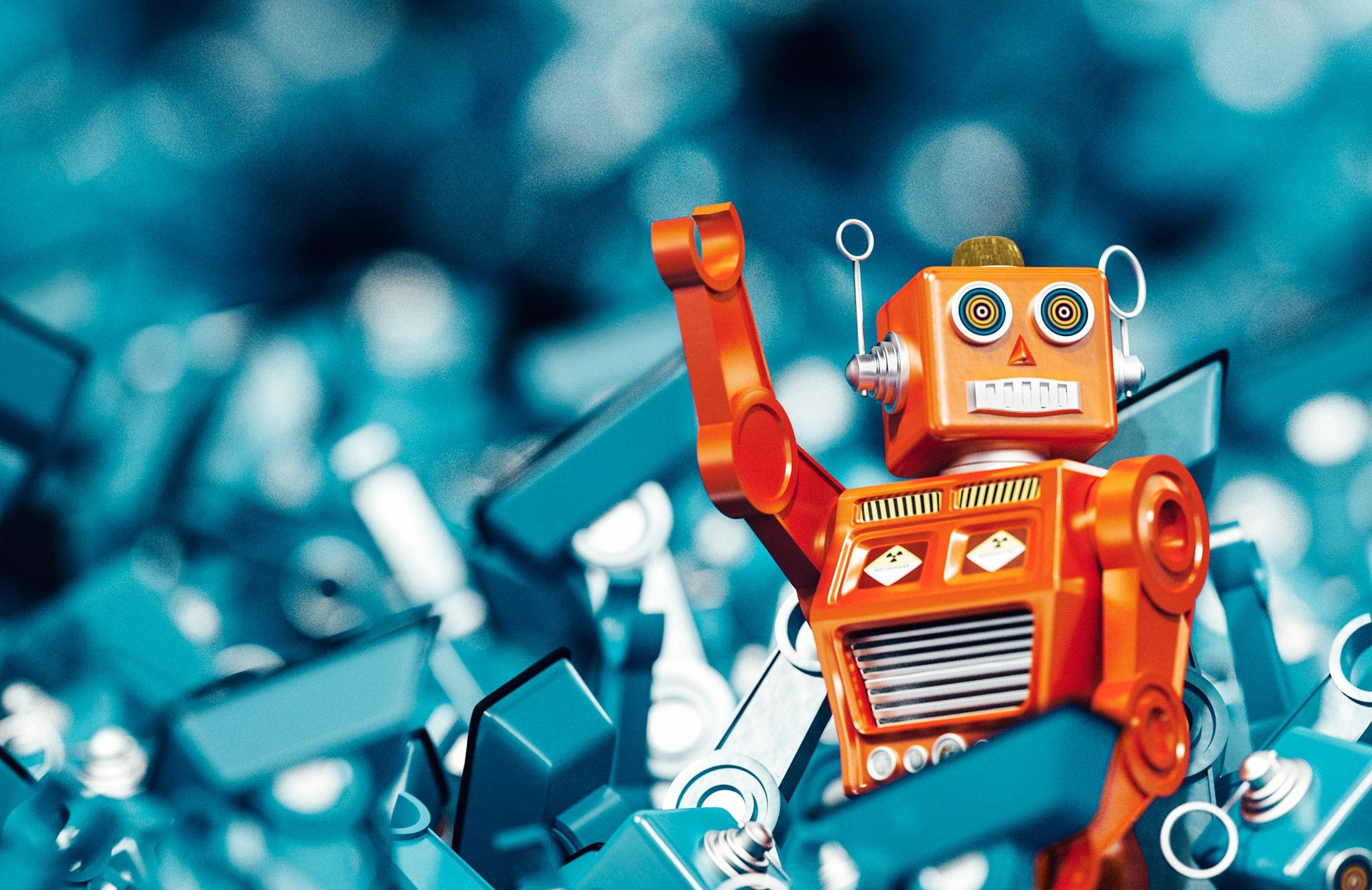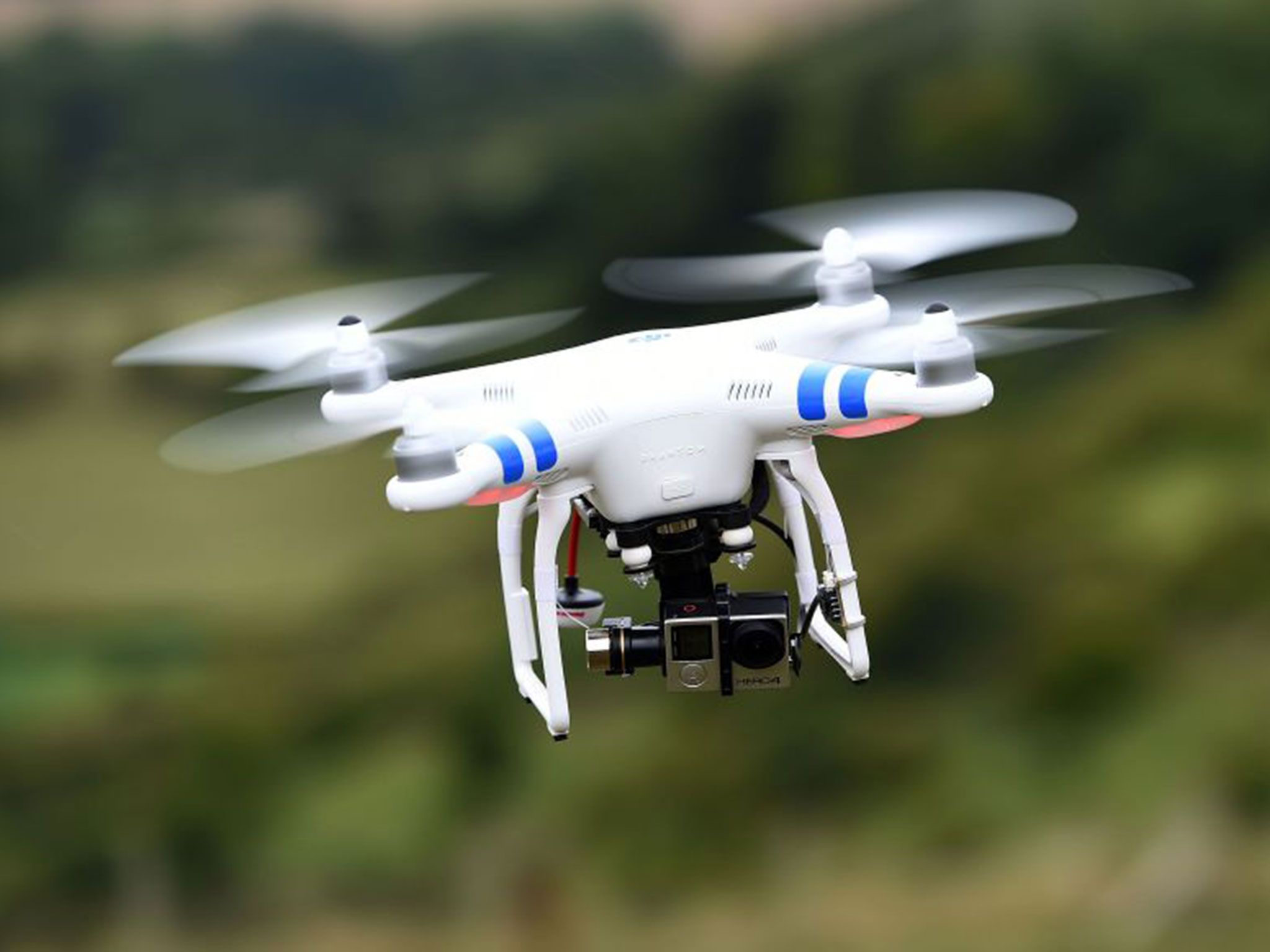Love this.
Would you have taken it?

When I look at technology and other things; my brain just dissolves all boundaries/ scope of the technology was originally defined for. For me, this is and has always been in my own DNA since I was a toddler. When I first looked at VR/ AR, my future state vision just exploded immediately where and how this technology could be used, how it could transform industries and daily lives, and other future technologies. So, I am glad to see folks apply AR and VR in so many ways that will prove valuable to users, companies, and consumers.
NVIDIA is working with various companies in different sectors such as automotive, manufacturing, and medical to bring AR benefits in their business. It is working with Audi, General Motors (GM), and Ford (F) to create a VR application where the consumer can design a car by changing its wheels, paint, or seat leather. NVIDIA is also working with European (IEV) furniture manufacturer IKEA to build a virtual reality application that allows the user to design their own rooms and homes.

Chinese technology giant Huawei is preparing for a world where people live forever, dead relatives linger on in computers and robots try to kill humans.
Huawei is best known as one of the world’s largest producers of broadband network equipment and smartphones. But Kevin Ho, president of its handset product line, told the CES Asia conference in Shanghai on Wednesday the company used science fiction movies like “The Matrix” to envision future trends and new business ideas.
“Hunger, poverty, disease or even death may not be a problem by 2035, or 25 years from now,” he said. “In the future you may be able to purchase computing capacity to serve as a surrogate, to pass the baton from the physical world to the digital world.”

Google and Amazon were quick to put drones to use delivering orders.
But new research suggests delivery is just one small way drones are going to replace humans. The tiny airborne vessels will soon clean windows on skyscrapers, verify insurance claims and spray pesticide on crops.
The global market for drones, valued at around $2 billion today, will replace up to $127 billion worth of business services and human labour over the next four years, according to a new research by consulting firm PwC.

A bipartisan group of senators has asked the USDA to update the broadband speed definitions of its Community Connect grant program, which, like the FCC’s Universal Service Program, provides subsidies to build out broadband in areas where there isn’t a business case, in this case focused on rural areas.
They want the definition for high speed to be upped to 10 Mbps.
The USDA this month upped the speeds for the Broadband Access Loan Program to 10 mbps, but Community Connect was only increased to 4 Mbps. The senators signaled that did not cut it.

Glad to see more folks understanding what I had shared 6 months ago about AI and having entire teams of comprised of the standard SV male. It doesn’t work for AI and will be a barrier in it’s adoption. AI (more than any technology to date) requires a multi-cultural diverse team that reflects the consumers that they are trying to cater to.
Until this one dimensional male dominated engeering teams become more diverse to align with the buying public along with improving the weak under lying connected infrastructure including the net are corrected; AI will not see it’s full potential in the market.
I will ask again, how does a 28 or 33 year male understand how a 48 or 51 year old woman who has been a famers wife feels and her needs; or how does a 28 year old male understands what a 38 or 40 year old female living in the Hamptons needs are for her home, or boutique spa shop geared to other women?.
Filling a unit’s head with rudimentary responses to pre-programmed stimuli will cause it to perform the desired action 100% of the time. Empowered by Artificial Intelligence (AI), these units can be counted on to perform routine duties in the manner prescribed by their presumptive master, circumventing the need for human thought in the process.
The consequences of their actions are irrelevant to these mechanical marvels who have been programmed to eliminate foreign bodies, restrict the actions of those capable of reproduction, build massive armies and torture captured adversaries. There is no way of debating with these locked-in units. The only way to overcome them is with a higher level of thought and action.
The time to end the threat of Artificial Intelligence is upon us. Let your voice be heard in November. Pull the plug on AI.

The question breaks down into two parts:
Governments are in the business of regulating certain activities—hopefully in an effort to serve the public good. In the case of business methods and activities, their goal is to maintain an orderly marketplace; one that is fair, safe and conducive to economic growth.
But regulation that lacks a clear purpose or a reasonable detection and enforcement mechanism is folly. Such regulation risks making government seem arbitrary, punitive or ineffective.
«— This is money. It is not a promissory note, a metaphor, an analogy or an abstract representation of money in some account. It is the money itself. Unlike your national currency, it does not require an underlying asset or redemption guarantee.
Bitcoin is remarkably resistant to effective regulation because it is a fully distributed, peer-to-peer mechanism. There is no central set of books, no bank to subpoena, and no central committee to pressure (at least not anyone who can put the genie back into the bottle). In essence, there is no choke point or accountable administrative party.
Sure—it is possible to trace some transactions and legislate against ‘mixers’ and other anonymization methods—but there is no way to prevent a transaction before it occurs or to know the current distribution of assets. Bitcoin can exist as a printed QR code and it can be transmitted from a jail cell with a blinking flashlight. Sending bitcoin from Alice to Bob has no intermediary. Settlement requires only that one of the parties eventually has access to the Internet. But, there is no credit authority or central asset verification. [continue below image]…

If you are thinking of legislating against the use of Bitcoin, you might as well pass laws to ban the mating of feral cats or forbid water from seeping into underground basements. These things are beyond the domain of human geopolitics. You can try to shape the environment (e.g. offer incentives to cats and water levels), but you cannot stop sex or seepage.
Fortunately, Bitcoin is not a threat to governments—not even to spending or taxation. A gross misunderstanding of economics and sociology has led some nations to be suspicious of Bitcoin, but this improper perception is abating. Governments are gradually recognizing that Bitcoin presents more of an opportunity than a threat.
I have written more extensively on this issue:
Philip Raymond is co-chair of Cryptocurrency Standards Association, MC for The Bitcoin Event in NY and board member for Lifeboat Foundation. This fall, he will teach Cryptocurrency and The Blockchain in Massachusetts.

“Facebook Inc. will soon lose a high-profile player in its virtual-reality push.”
With long-term plans for in-space resource extraction in the form of asteroid mining, Deep Space Industries (DSI) is offering an exciting business opportunity. It is aiming to change the economics of space by providing the technical resources, capabilities and systems required to harvest, process, manufacture and market in-space resources. DSI is already generating revenue from commercial contracts, as well as government and university research projects.
The Disrupt Space summit brought together a large number of entrepreneurs from around Europe and the world who are intent on reinventing the space industry. A panel of judges chose Deep Space Industries as the winner among five finalists in a start-up pitch.
Spaceoneers caught up with Daniel Faber, Deep Space Industries’ CEO at the summit to hear about the company’s long-term plans and the exciting business opportunity in asteroid mining.

The new entity will focus on a haemophilia pipeline utilising the XTEN half-life extension technology, bispecific antibodies and gene therapies.
Biogen announced yesterday it is planning to spin-out its haemophilia business into an independent, public firm based in Boston, Massachusetts by early next year.
Management said during a conference call this was the right time for a spin-out as Biogen’s haemophilia business has matured.